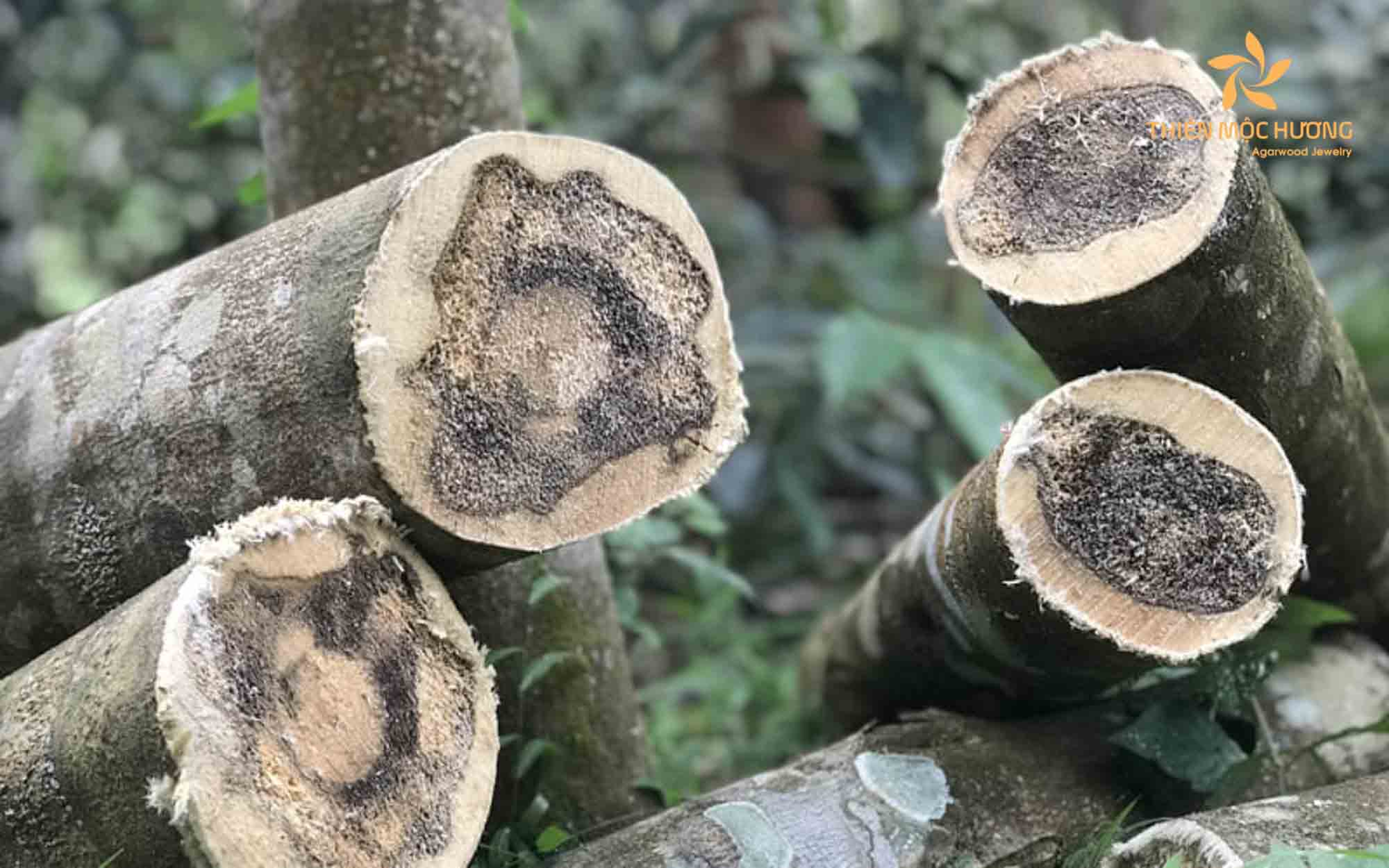Agarwood in nepal
Agarwood, also known as "Oudh" or "Gaharu", is a highly prized aromatic resin that forms inside Aquilaria trees when they become infected with a specific type of mold. This resinous wood is renowned for its deep, captivating fragrance and is used extensively in various industries, including perfumery, traditional medicine, and religious rituals. Agarwood is considered one of the most valuable woods in the world due to its rarity and the time it takes for the resin to form.
What is Agarwood?
Agarwood is produced when the Aquilaria tree (native to Southeast Asia) undergoes a transformation due to a fungal infection. The tree reacts by producing a dark, fragrant resin, which gradually saturates the heartwood, turning it into agarwood. This process is slow and often takes years, making agarwood a rare and precious commodity. The resinous wood is harvested, distilled, and processed into oils, powders, and chips used for various purposes.
Key Uses of Agarwood:
-
Perfumery and Fragrance: Agarwood oil, also known as Oudh oil, is a key ingredient in some of the world's most expensive perfumes. Its unique, woody, and musky scent is highly sought after in luxury fragrance blends. Oudh oil is considered long-lasting and is often used as a base note in perfumes.
-
Incense and Aromatherapy: Agarwood chips and powder are often burned as incense in many Asian cultures. The smoke produced has a calming and soothing effect, making it ideal for aromatherapy. The warm and rich aroma helps relieve stress, promote relaxation, and enhance meditation practices.
-
Traditional Medicine: In Ayurvedic, Chinese, and Tibetan medicine, agarwood is used for its medicinal properties. It is believed to have antibacterial, anti-inflammatory, and antioxidant effects. Agarwood is used to treat ailments such as digestive issues, asthma, and insomnia. In traditional practices, it’s also considered an aphrodisiac.
-
Religious and Spiritual Use: Agarwood is commonly used in religious ceremonies and spiritual rituals across many cultures. Its use in Buddhist, Islamic, Hindu, and Christian traditions symbolizes purity and divinity. The burning of agarwood incense is thought to cleanse spaces and promote peace, enhancing spiritual practices.
-
Cultural and Social Significance: Agarwood holds cultural significance in various parts of Asia, where it is used in gifting, ceremonial rituals, and as a symbol of status. In the Middle East, agarwood is often used to perfume clothes and living spaces, especially during important gatherings and events.
Agarwood in Nepal
Nepal is increasingly becoming a favorable location for agarwood cultivation due to the suitable climate conditions found in the Tarai and Pahad regions. The warm and humid climate, along with the well-drained soil in these areas, provides ideal growing conditions for agarwood trees.
In Nepal, the price of agarwood varies significantly based on its quality, with prices ranging from NPR 10,000 to NPR 100,000 per kilogram. As awareness grows about the potential of agarwood farming, it is becoming a viable economic opportunity for farmers, especially in the southern Tarai and lower hills of the Pahad region.
Conclusion:
Agarwood is one of the most luxurious and versatile natural products in the world, revered for its scent, spiritual significance, and medicinal benefits. With its increasing cultivation in Nepal, agarwood offers a promising future for those looking to invest in a high-value crop, while its traditional uses continue to hold importance across cultures globally.





Buck
Chance
Sanora
Soila
Birendra